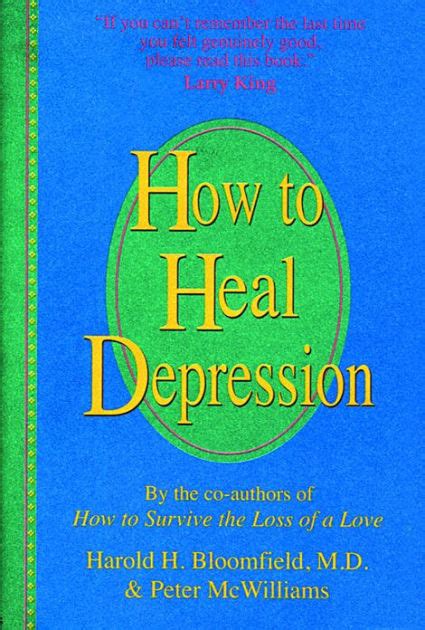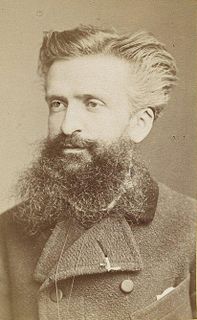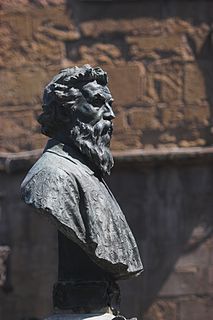A Quote by Denise Levertov
Peace as a positive condition of society, not merely as an interim between wars, is something so unknown that it casts no images on the mind's screen.
Related Quotes
It's fear of the unknown. The unknown is what it is. And to be frightened of it is what sends everybody scurrying around chasing dreams, illusions, wars, peace, love, hate, all that-it's all illusion. Unknown is what it is. Accept that it's unknown and it's plain sailing. Everything is unknown-then you're ahead of the game. That's what it is. Right?
The peace we seek in the world is not the flimsy peace which is merely an interlude between wars, but a peace which can endure for generations to come. It is important that we understand both the necessity and the limitations of America's role in maintaining that peace. Unless we in America work to preserve the peace, there will be no peace. Unless we in America work to preserve freedom, there will be no freedom.
A truly free society must not include a peace which oppresses us. We must learn on our own terms what peace and freedom mean together. There can be no peace if there is social injustice and suppression of human rights, because external and internal peace are inseparable. Peace is not just the absence of mass destruction, but a positive internal and external condition in which people are free so that they can grow to their full potential.
Peace is a condition of the heart. It's a state of mind, of tranquility, of calmness, and of centeredness. It's an understanding of the reciprocal nature of love, a presence, a journey. It's all of our aspirations. Peace is not a luxury or merely the absence of war, it's a kind of grace - which we're all entitled to as people who are alive. Peace is an active presence of the capacity for a higher evolution of human awareness.
Peace is something tangible. It silences the outgoing energy of the mind and feeds the aspiring heart. Peace is not merely the absence of quarreling and fighting. True peace is not affected by the roaring of the world, outer or inner. This sea of peace is at our command if we practise the spiritual life.
The Theatre of the Absurd has renounced arguing about the absurdity of the human condition; it merely presents it in being - that is, in terms of concrete stage images. This is the difference between the approach of the philosopher and that of the poet; the difference, to take an example from another sphere, between the idea of God in the works of Thomas Aquinas or Spinoza and the intuition of God in those of St. John of the Cross or Meister Eckhart - the difference between theory and experience.
As powerful as the power of positive thoughts are, depression biologically interferes with the brain's ability to maintain a positive thought for any period of time. Like the farmer who casts his seed upon the rocks, all the positive thoughts in the world presented to the depressed mind will not bear fruit.
Perhaps peace is not, after all, something you work for, or 'fight for.' It is indeed 'fighting for peace' that starts all the wars. What, after all, are the pretexts of all these Cold War crises, but 'fighting for peace?' Peace is something you have or do not have. If you are yourself at peace, then there is at least some peace in the world. Then share your peace with everyone, and everyone will be at peace.
A crowd thinks in images, and the image itself calls up a series of other images, having no logical connection with the first...A crowd scarcely distinguishes between the subjective and the objective. It accepts as real the images invoked in its mind, though they most often have only a very distant relation with the observed facts....Crowds being only capable of thinking in images are only to be impressed by images.
An affectionate disposition not only makes the mind more peaceful
and calm, but it affects our body in a positive way too. On the
other hand, hatred, jealousy and fear upset our peace of mind, make
us agitated and affect our body adversely. Even our body needs peace
of mind and is not suited to agitation. This shows that an
appreciation for peace of mind is in our blood.
The television screen, so unlike the movie screen, sharply reduced human beings, revealed them as small, trivial, flat, in two banal dimensions, drained of color. Wasn't there something reassuring about it! -- that human beings were in fact merely images of a kind registered in one another's eyes and brains, phenomena composed of microscopic flickering dots like atoms. They were atoms -- nothing more. A quick switch of the dial and they disappeared and who could lament the loss?







































